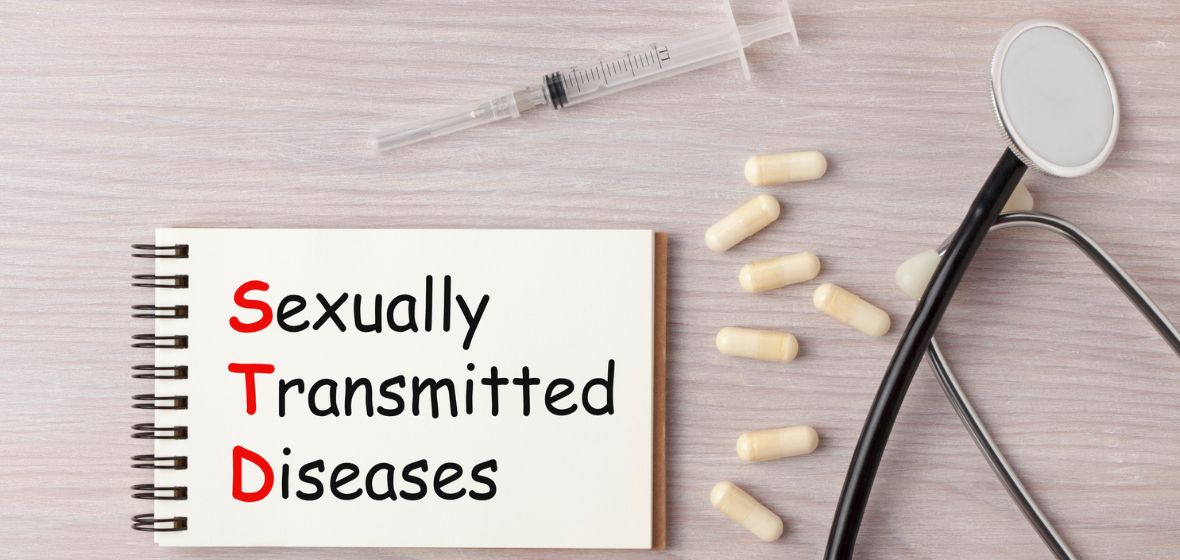
There are more than 20 types of sexually transmitted diseases (STDs) and sexually transmitted infections (STIs) that can be passed from an infected person to another person through sexual contact. Left untreated, some infections can have a life-changing effects. Like other preventive screenings, individuals who are sexually active should be tested allowing for early treatment if needed.
Who Should be Tested?
It is important to have a trusted relationship with your primary care provider who can give advice on your need for being tested for STDs or STIs. The Centers for Disease Control (CDC) also offers testing guidelines to help determine testing needs:
- All adults and adolescents from ages 13 to 64 should be tested at least once for HIV.
- All sexually active women younger than 25 years should be tested for gonorrhea and chlamydia every year. Women 25 years and older with risk factors such as new or multiple sex partners or a sex partner who has an STD should also be tested for gonorrhea and chlamydia every year.
- Everyone who is pregnant should be tested for syphilis, HIV, hepatitis B, and hepatitis C starting early in pregnancy. Those at risk for infection should also be tested for chlamydia and gonorrhea starting early in pregnancy. Repeat testing may be needed in some cases.
- All sexually active gay, bisexual, and other men who have sex with men should be tested:
- At least once a year for syphilis, chlamydia, and gonorrhea. Those who have multiple or anonymous partners should be tested more frequently (e.g., every 3 to 6 months).
- At least once a year for HIV and may benefit from more frequent HIV testing (e.g., every 3 to 6 months).
- At least once a year for hepatitis C, if living with HIV.
- Anyone who engages in sexual behaviors that could place them at risk for infection or shares injection drug equipment should get tested for HIV at least once a year.
- People who have had oral or anal sex should talk with their health care provider about throat and rectal testing options.
Getting Tested is Easy
One of the easiest ways to detect if you have an STD or STI is by getting a full panel blood screening to test for all STDs and STIs. These include the following:
- Ureaplasma Urealyticum/Parvum
- Mycoplasma Genitalium
- Gardnerella
- Trichomonas
- Herpes Simplex 1 and 2
- HIV
- Syphilis
- Hepatitis B
- Hepatitis C
- Chlamydia
- Gonorrhea
- Chlamydia
Where Should I Go for Screening?
Talk with your primary care provider about your need for screening and the best options available. If you don’t have a trusted primary care provider, UofL Health can help! Simply call 502-588-4888 to be connected with a provider that is suited especially for your health care needs.
If you have been diagnosed with an STD or STI, the experts at UofL Physicians – Infectious Disease Associates can be a great resource. Their providers are actively involved in patient care, research and teaching. In addition, they assist in the treatment and management of patients with a wide variety of infectious diseases, including HIV, pneumonia, and other respiratory diseases. For more information call 502-561-8844.









